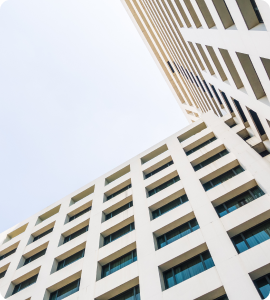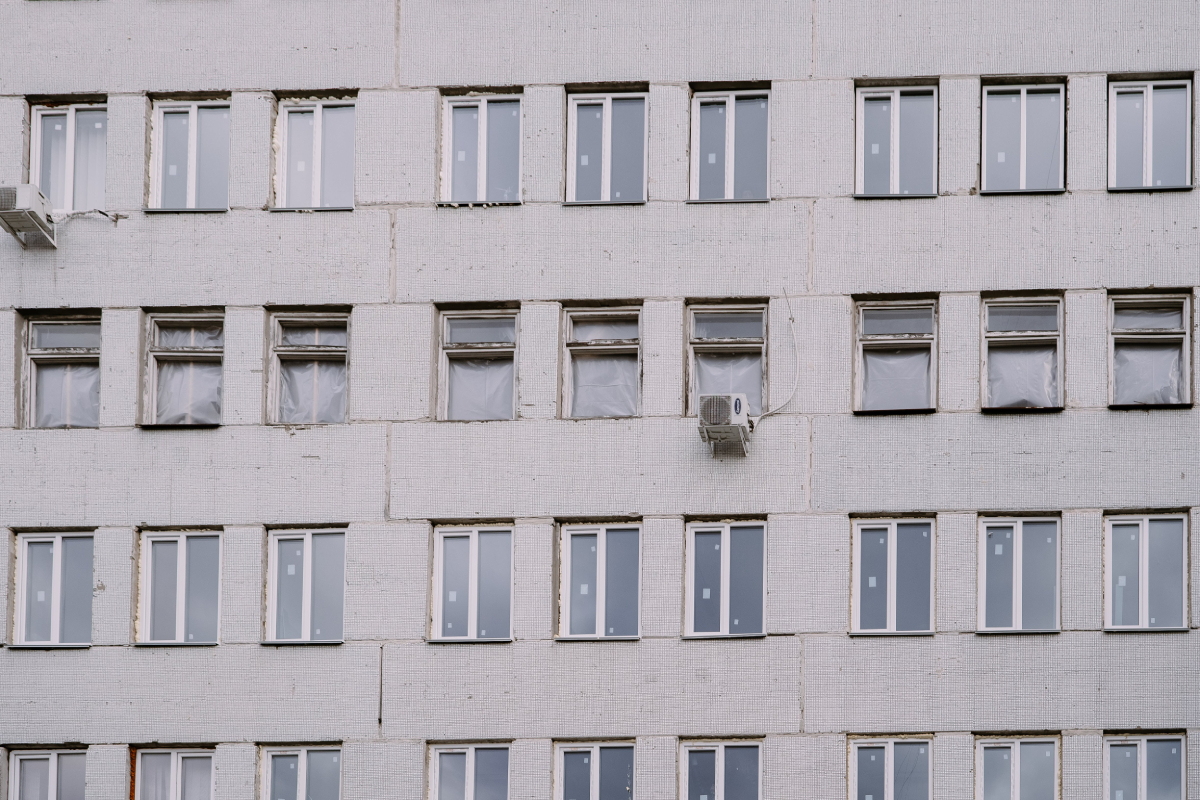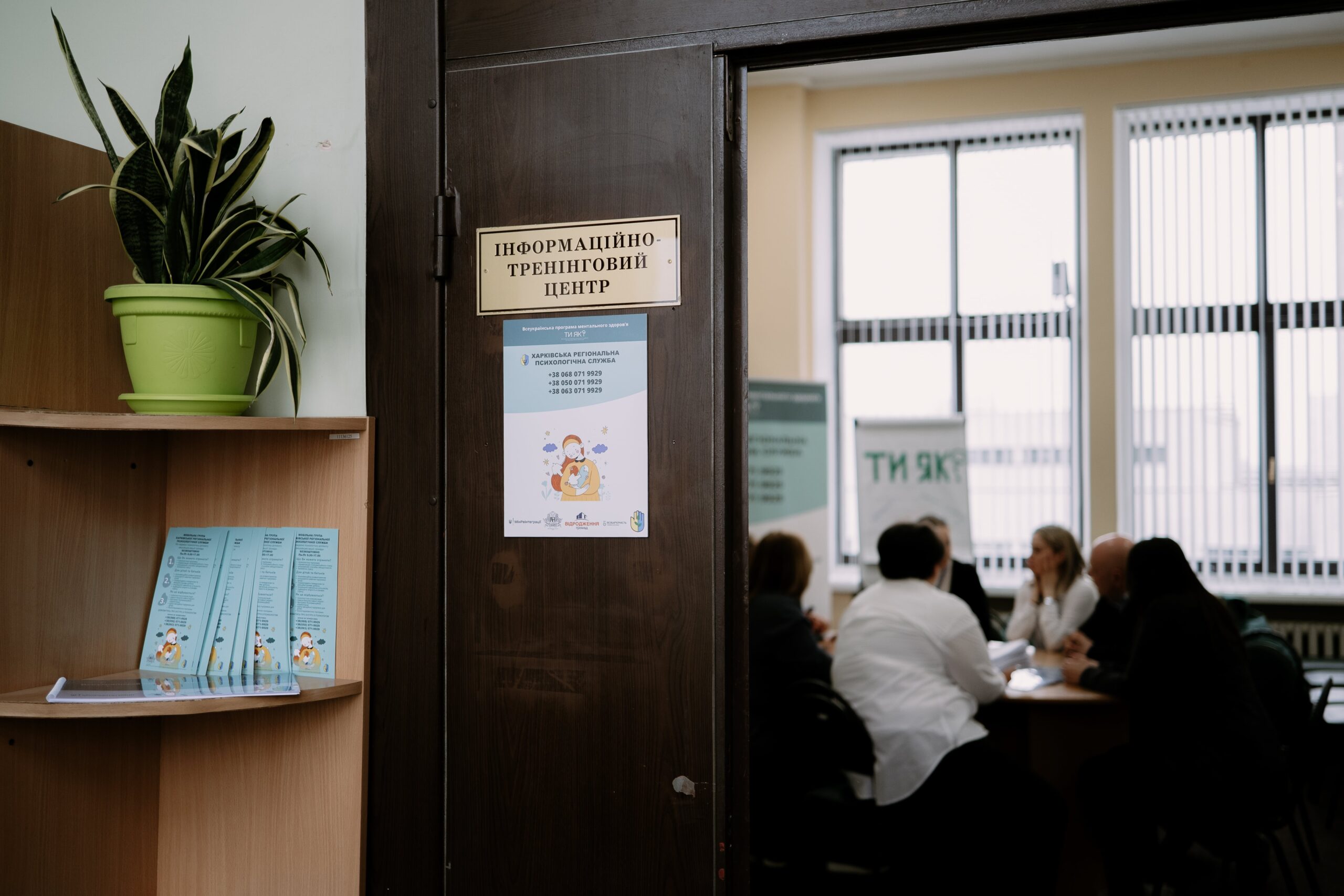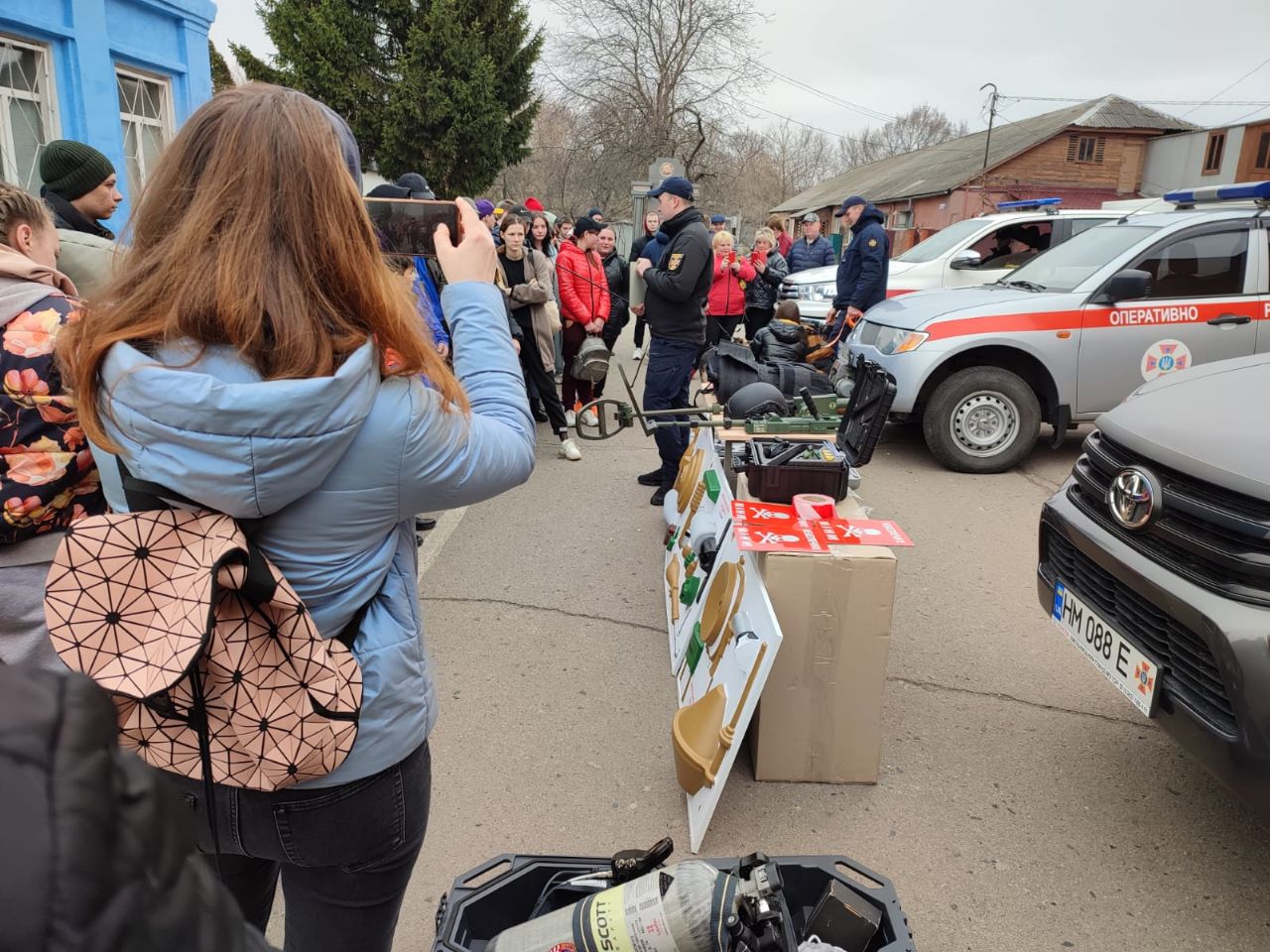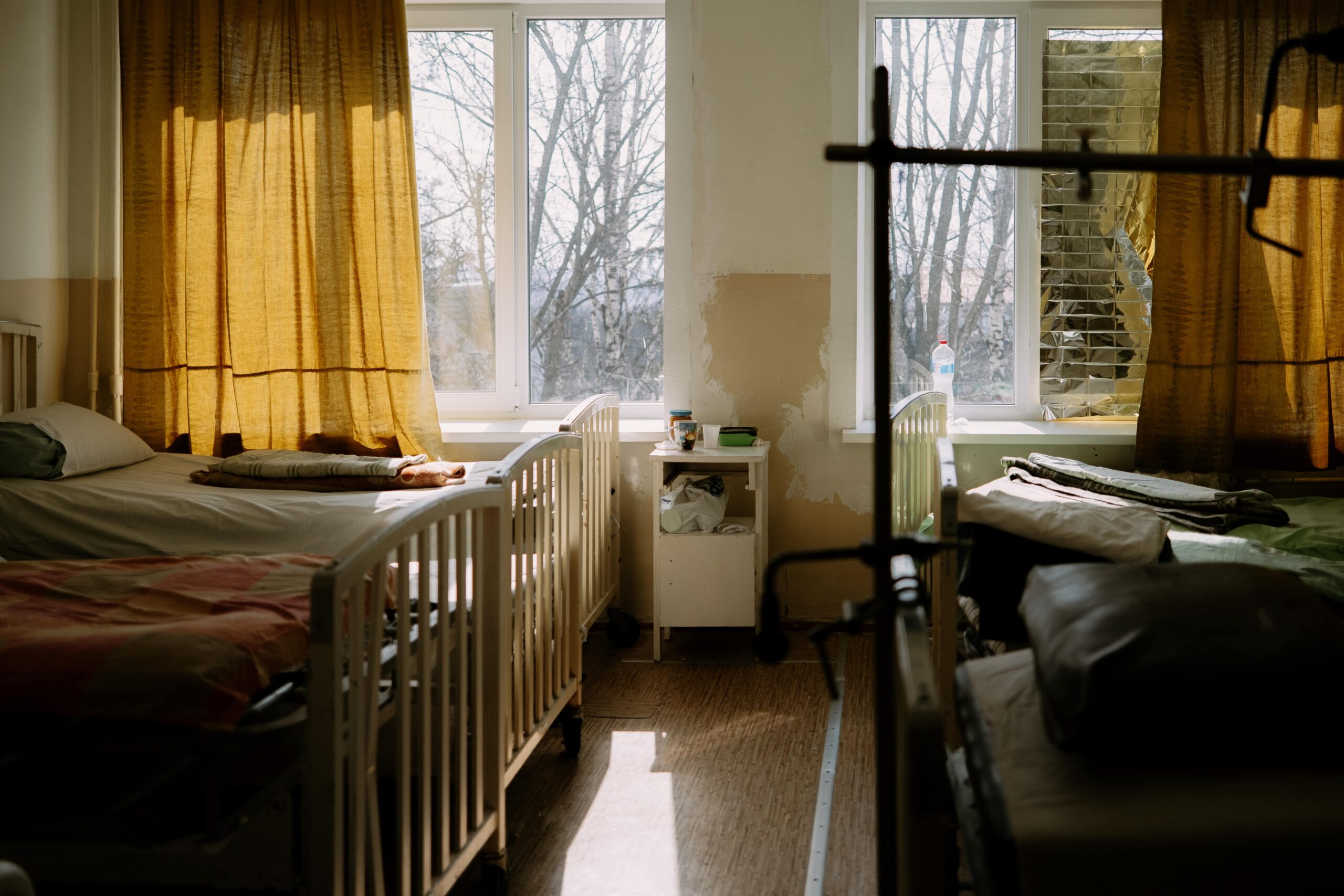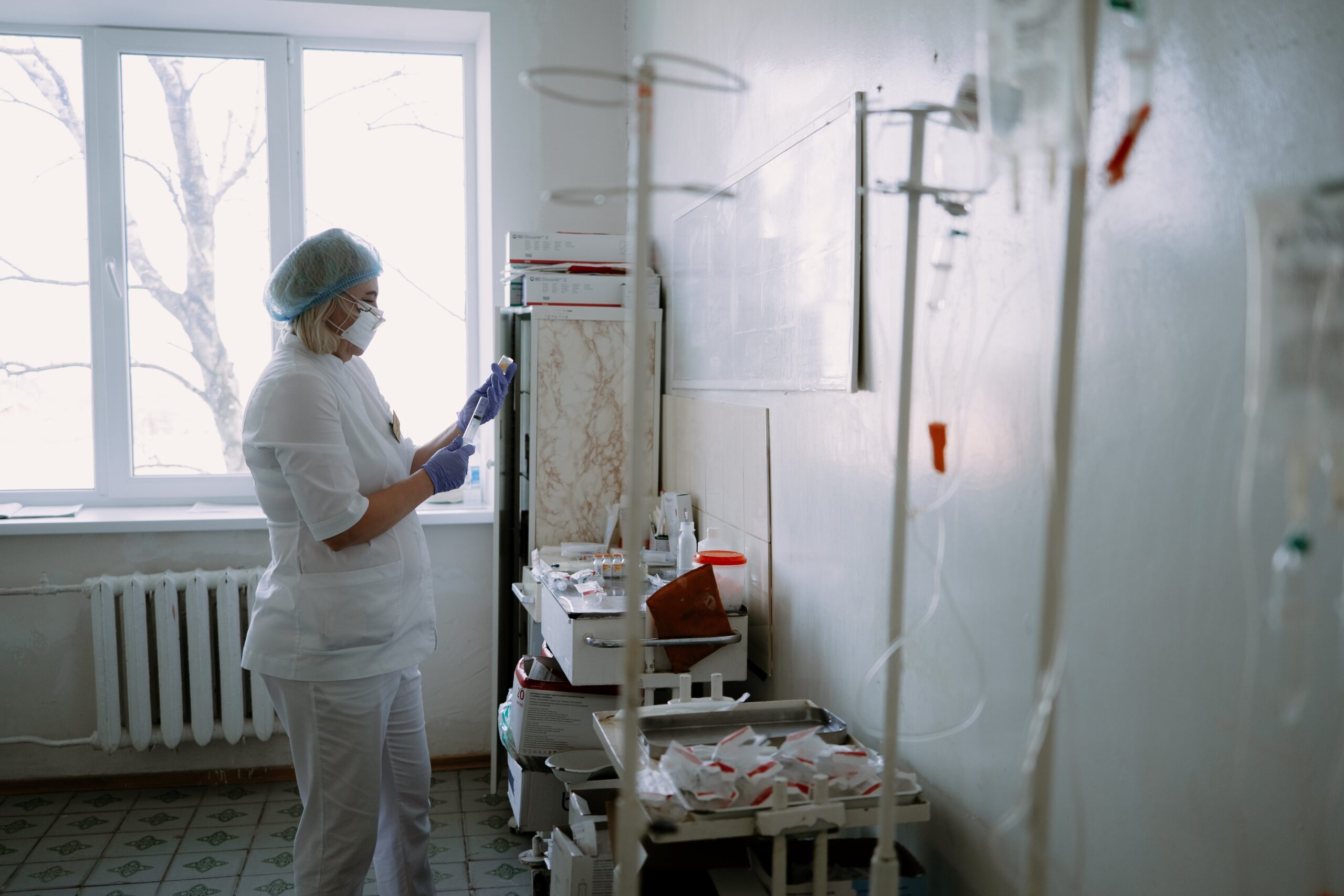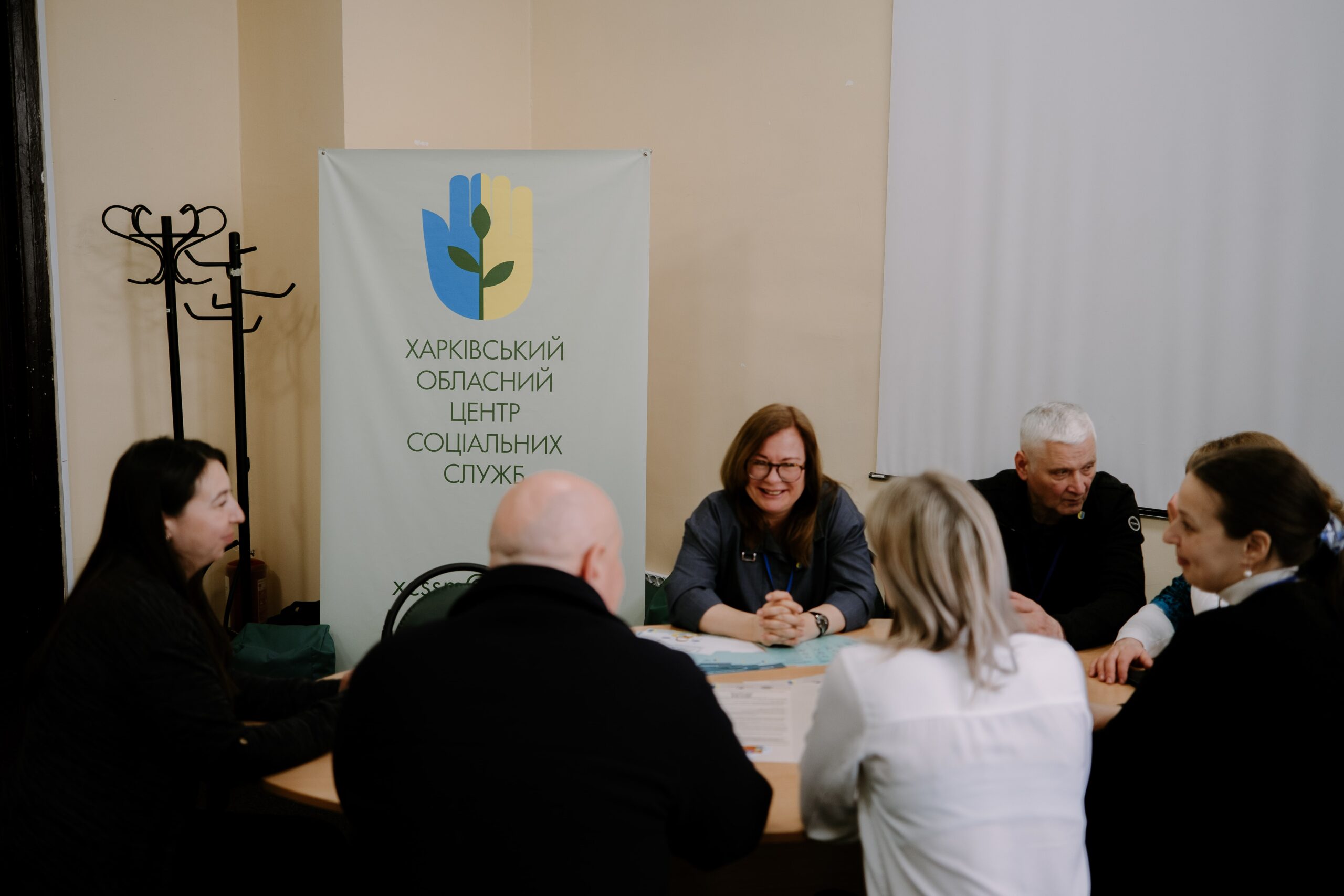After 24 February 2022, Okhtyrka, Sumy Oblast, found itself encircled, its population of 48,000 (about twice the seating capacity of Madison Square Garden) trapped within its boundaries. As the fighting intensified in the outskirts of Okhtyrka, Russian forces sought to occupy the city, but Ukrainian defense forces stood firm, launching a counteroffensive that liberated occupied territories in Sumy on 26 March.
Even as the city endured the ravages of war, Okhtyrka Central District Hospital’s doors remained open as the only medical facility in Sumy Oblast that continued providing critical care to both military personnel and civilians. In a remarkable display of resilience, doctors lived and worked in the hospital’s basement for weeks.
Responding to the need to restore the hospital’s basement so it could be used as a shelter, Partnership Fund for a Resilient Ukraine (PFRU) helped improve the basement and provided 20 tons of construction materials and equipment for the shelter’s bathroom facilities.
Recognizing the importance of providing a sense of normalcy for the community’s youngest residents and ensuring opportunities for leisure, PFRU also restored the gym of the Okhtyrka Children and Youth Sports School. PFRU installed 28 sturdy doors, securing shelter spaces, and puttied over 225 square meters of the school’s walls, installed a new heating system. This essential upgrade breathed warmth and life back into the gym, allowing up to 100 children to resume judo and sambo exercises.


